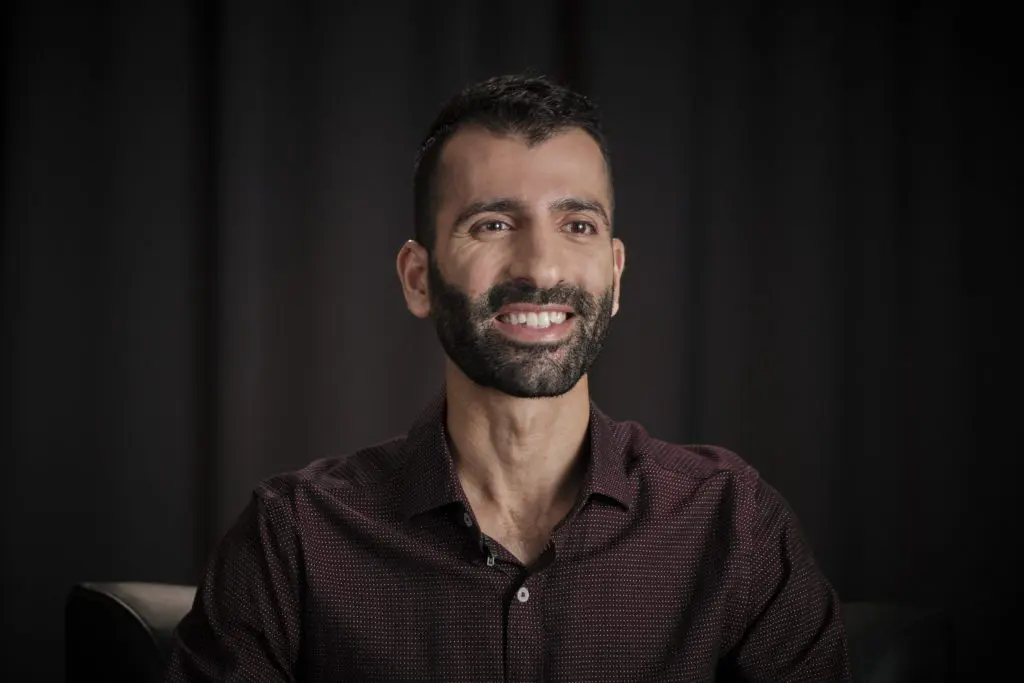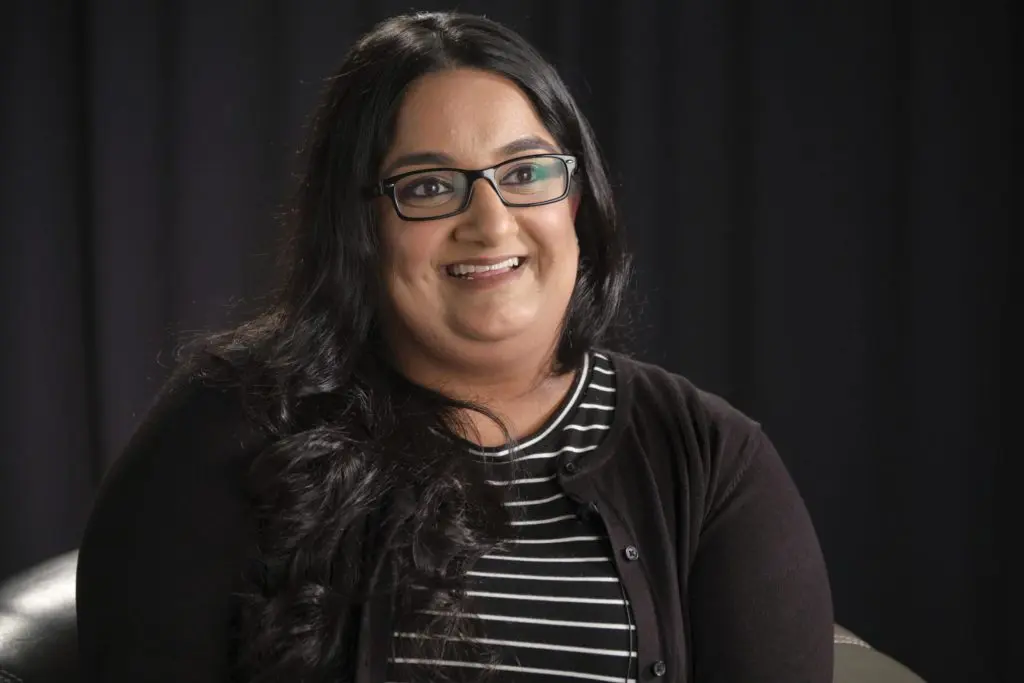So, pharmacology, what is it? What does it do for us? Why do we need to know it? And how significant is it to our role as psychiatric nurses? A lot.
Firstly, pharmacology is the study of drugs, this includes their origin, chemical composition, pharmacokinetics, therapeutic and non-labelled uses, and toxicology. For us as psychiatric nurses, we need to know what class it is and its trade names, possible adverse reactions, interactions, and implications to us and the patient.
Pharmacology at Stenberg in the Regional Diploma Psychiatric Nursing program is taught in semester 2, a loaded 14 weeks with exams and lots of knowledge to gain in that timeframe. If you look at other nursing programs, which I assume you are, many programs separate pharmacology into two courses. This means lots of reading and memorization in 14 weeks for us. Is it difficult? Yes. Is it doable? Most definitely. That comes with the territory of selecting an accelerated program, and is a skill and knowledge we will keep with us our entire careers.
What pharmacology does for us in the psychiatric setting is give us a tool of intervention, as well as the ability to assess its effectiveness, and monitor for side effects. It is like one of the main spices for a chef, but knowing there are other spices to use in their recipe as well. You need to know what it does for your dish, how it enhances the flavours, but you also need to know what to do if there’s too much, or it doesn’t do what you want it to do.
Next, as frontline healthcare staff, being highly knowledgeable is a necessary skill. We started our pharmacology in semester 2, and began administering medications in our first clinical, care of the older adult, in semester 2. We were eased into safe medication administration in a stable environment, where we had time to think and react to situations. From insulin, to beta blockers, to anti-hypertensive, we had to quickly gain a broad range of knowledge of medications we were administering. How do we do that? Medication cards! Lots of them! There are pre-made cards you can buy, most clinical instructors will burn you at the stake for using them. Their information is often tenuous at best, and you gain much more knowledge from writing out your own, plus the added benefit of adding what you need from a reliable source. So a quick verbal quiz on diabetes, appropriate ranges, what insulin does and which one we are using, plus why, and we were off to administer subcutaneous insulin to a patient.
Moving into semester 3, and our second clinical, acute psychiatry kicked the action up a notch. While we were dealing with much less medications per patient, we were dealing with continually evolving situations, and had to be able to think quickly on our feet and react to new challenges. Patients rotated through almost continuously as well, so staying on top of making new medication cards was a must, and learning what we needed to assess for was one of the top safety priorities as well.
Finally, one of the things that was pushed down onto us in semester 3 is the need to not simply be pill pushers. We were not only encouraged, but required to critically think on using “as needed” or PRN medications, ensuring we conducted full assessments as to the suitability of PRN, justifying our decision, and documenting the situation. So whenever possible, we quickly learned that sometimes cognitive approach to de-escalation was best, while other times, a PRN was unavoidable. As we wrap up our third semester, the halfway point of the program is quickly approaching. When I reflect upon how far we have come from our first learning curve moving into semester 2, I feel more capable, ready, and willing to accept and face the challenges coming up in our medical/surgical semester after our 2 week break.










